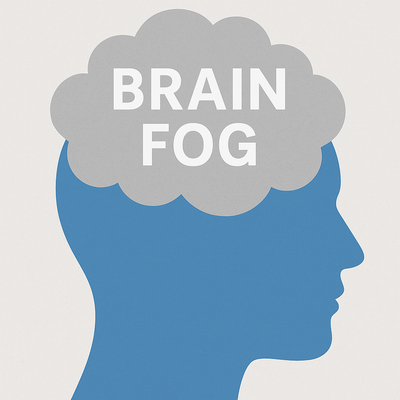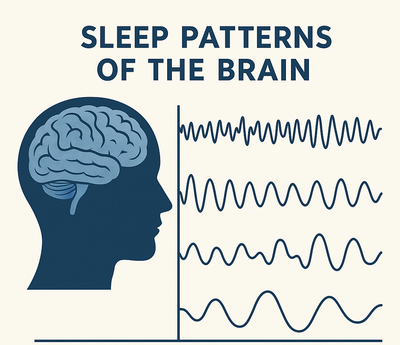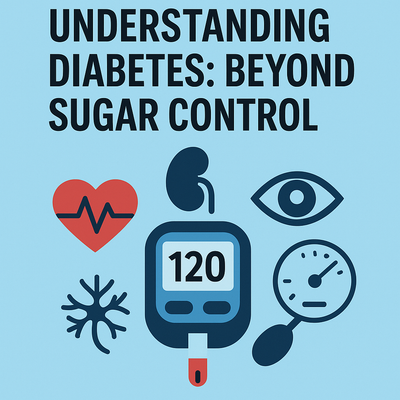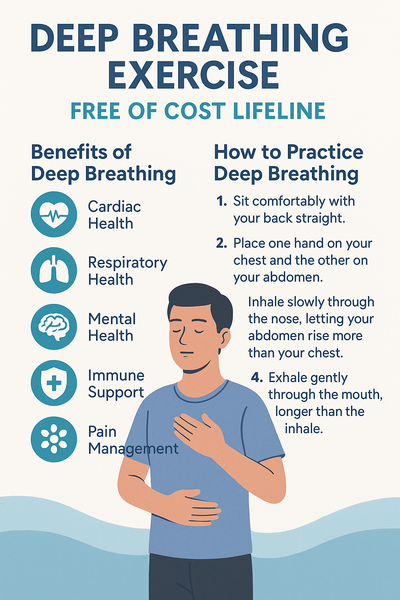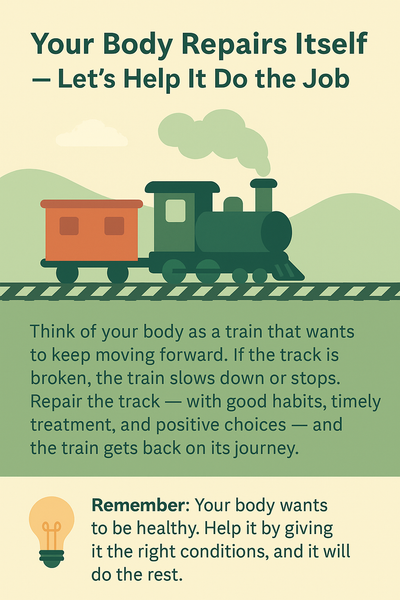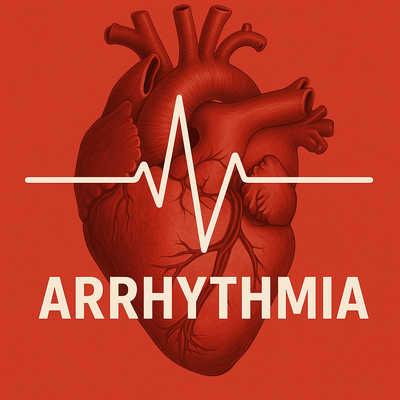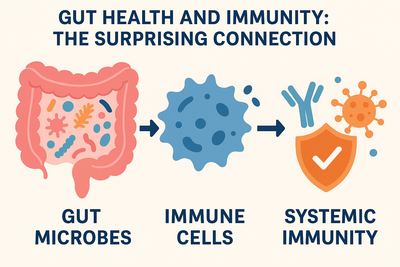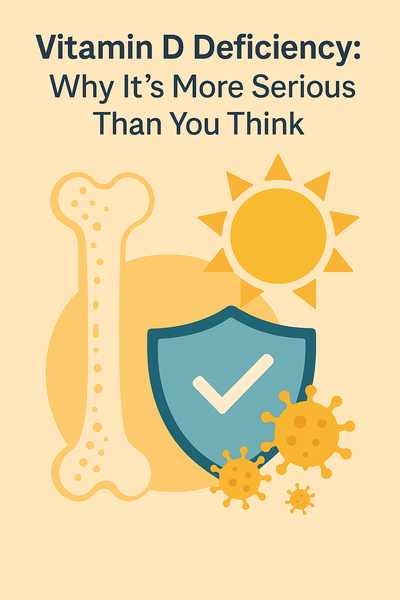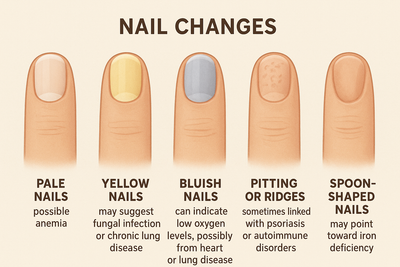Articles
As physicians, we often encounter patients who complain of “brain fog.” They describe it as a state where their mind feels cloudy, concentration becomes difficult, memory slips more frequently, and decision-making slows down. While this is not a medical diagnosis in itself, it is a symptom that warrants attention. Brain fog can be temporary, related to lifestyle factors, or it can point toward an underlying medical condition that requires evaluation and treatment.
Read MoreAs physicians, we often remind patients that sleep is not simply a pause in daily activity—it is an active, restorative process that keeps the body and mind functioning at their best. Sleep is as vital as food, water, and oxygen, yet it remains one of the most undervalued elements of health. Modern lifestyles have pushed sleep into the background, often treated as optional, when in reality, it is the time during which the body performs its deepest and most necessary repairs.
Read MoreAs physicians, we often meet patients who believe diabetes is only about “sugar.” They think of it as a number on a glucometer or a reading in a lab report. While blood sugar is indeed the measurable parameter that defines diabetes, the condition itself is far more complex. Diabetes is not simply a problem of sugar—it is a problem of metabolism, blood vessels, hormones, and the body’s delicate balance of energy.
Read MoreAs physicians, we often emphasize medications, investigations, and procedures to manage diseases. Yet, one of the most powerful tools for restoring balance, preventing illness, and even saving lives comes not from a pharmacy or an operating room—but from within our own body. That tool is deep breathing.
Read MoreAs physicians, one of the most remarkable observations we make daily is the body’s inherent tendency to heal itself. No matter how complex the disruption — be it an infection, inflammation, injury, or even emotional stress — the human body carries within it the machinery for repair and restoration.
Read MoreThe human heart is designed to beat in a steady, rhythmic pattern, ensuring blood reaches every organ with precision. When this rhythm is disturbed, it is known as an arrhythmia or heart rhythm disorder.
Read MoreFor decades, the immune system was considered a self-sufficient defense force, separate from other body systems. Today, modern science has revealed a fascinating truth: the gut and its trillions of resident microbes are deeply intertwined with immune health. Nearly 70% of immune cells reside in the gut-associated lymphoid tissue (GALT), making the intestine not just a digestive organ but a central hub of immunity.
Read MoreVitamin D is not just a “bone vitamin.” It is a vital hormone-like substance influencing bones, muscles, the immune system, cardiovascular health, and even mental well-being. Deficiency is often silent, creeping in unnoticed, but its long-term consequences can be profound. As physicians, we encounter this problem daily in practice, yet it remains underestimated by patients and even some professionals.
Read MoreHigh blood pressure (hypertension) is often called the "silent killer" because it usually develops without noticeable symptoms, yet it silently damages blood vessels, the heart, kidneys, brain, and eyes over years. It is not just a number on a monitor — it is a powerful risk factor for stroke, heart attack, heart failure, kidney disease, and even dementia.
Read MoreInflammation is the body’s natural defense mechanism, designed to protect against infections, injuries, and toxins. However, when this process becomes chronic, it silently contributes to a wide range of diseases—ranging from heart disease and diabetes to arthritis and even certain cancers.
Read MoreNails are often overlooked in daily medical assessment, yet they are windows into our inner health. Subtle changes in their color, shape, thickness, or surface may reflect not only local conditions but also systemic diseases. From nutritional deficiencies to chronic organ dysfunction, nails silently record what the body endures. A physician who trains the eye to read these signs can often detect illness earlier than routine laboratory investigations.
Read MoreLongevity is not just about adding years to life, but adding life to years. As physicians, we recognize that the journey toward healthy aging is built on daily habits, preventive health measures, and timely medical care.
Read More